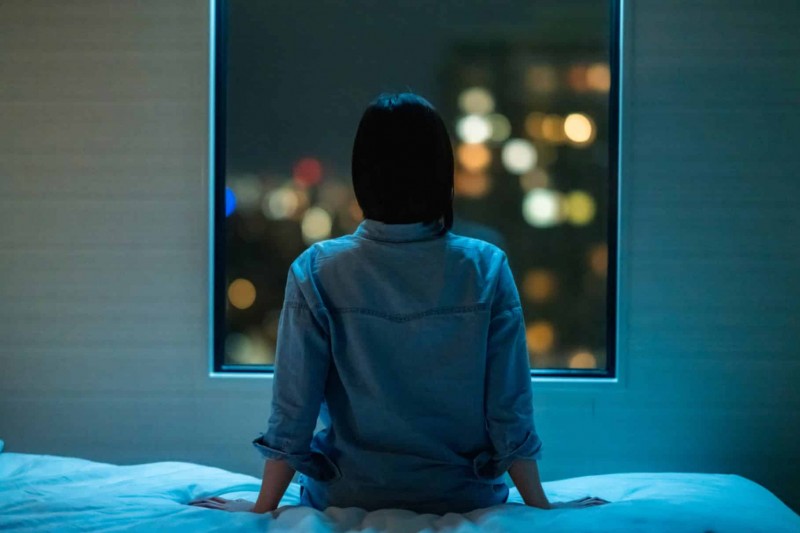
Feeling restless and unable to sleep even hours after tucking yourself into bed can be frustrating and exhausting. If you find yourself tossing and turning, unable to drift off into a peaceful slumber, several factors could be at play. Identifying and addressing these issues promptly is crucial for restoring your sleep patterns and ensuring you wake up feeling refreshed and energized.
Screen Time Before Bed
One common culprit behind sleep disturbances is excessive screen time before bed. The blue light emitted by smartphones, tablets, computers, and televisions can interfere with your body's natural sleep-wake cycle, making it harder to fall asleep. Aim to limit screen time at least an hour before bedtime to give your brain a chance to wind down and prepare for sleep.
Caffeine Consumption
Consuming caffeine, whether through coffee, tea, energy drinks, or certain medications, can disrupt your ability to fall asleep. Caffeine is a stimulant that can keep you awake and alert, making it difficult to relax and unwind at bedtime. Be mindful of your caffeine intake, especially in the afternoon and evening, and consider switching to decaffeinated options if you're sensitive to its effects.
Stress and Anxiety
Stress and anxiety are common contributors to sleep difficulties. Racing thoughts, worry, and tension can make it challenging to quiet the mind and transition into sleep mode. Practice relaxation techniques such as deep breathing, meditation, or gentle stretching before bed to help calm your nerves and promote a sense of tranquility.
Uncomfortable Sleep Environment
Your sleep environment plays a significant role in the quality of your rest. An uncomfortable mattress, pillows that don't provide adequate support, excessive noise, or a room that's too hot or too cold can all disrupt your sleep. Invest in a comfortable mattress and pillows, block out noise with earplugs or white noise machines, and regulate the temperature of your bedroom to create an optimal sleep environment.
Irregular Sleep Schedule
Maintaining a regular sleep schedule is essential for regulating your body's internal clock and promoting healthy sleep patterns. Going to bed and waking up at different times each day can throw off your circadian rhythm, making it harder to fall asleep at night and wake up in the morning. Aim to establish a consistent sleep routine by going to bed and waking up at the same time every day, even on weekends.
Lack of Physical Activity
Regular physical activity is not only beneficial for your overall health but also plays a role in promoting better sleep. Exercise helps reduce stress, anxiety, and tension, making it easier to relax and fall asleep at night. Aim for at least 30 minutes of moderate exercise most days of the week, but avoid vigorous workouts close to bedtime, as they can have the opposite effect and energize you instead of helping you wind down.
Unhealthy Eating Habits
What you eat and drink can impact your sleep quality. Consuming heavy meals, spicy foods, or excessive amounts of alcohol close to bedtime can cause discomfort, indigestion, and disrupted sleep. Opt for light, easily digestible snacks if you're hungry before bed, and avoid large meals and stimulating beverages like caffeine and alcohol in the hours leading up to bedtime.
Underlying Health Conditions
Certain underlying health conditions, such as sleep disorders, chronic pain, respiratory problems, or hormonal imbalances, can contribute to sleep difficulties. If you've tried various strategies to improve your sleep with no success, it's essential to consult with a healthcare professional to rule out any underlying medical issues and explore appropriate treatment options. By identifying and addressing the factors that may be keeping you awake at night, you can take proactive steps to improve your sleep quality and overall well-being. Whether it's reducing screen time, managing stress, optimizing your sleep environment, or addressing underlying health concerns, prioritizing good sleep hygiene is key to enjoying restful nights and productive days.
Vitamin E: What to do if there is Vitamin E deficiency? Nutritionist gave list of 6 foods
Hypoglycemia: What is hypoglycemia? Nutritionist told its 9 important symptoms